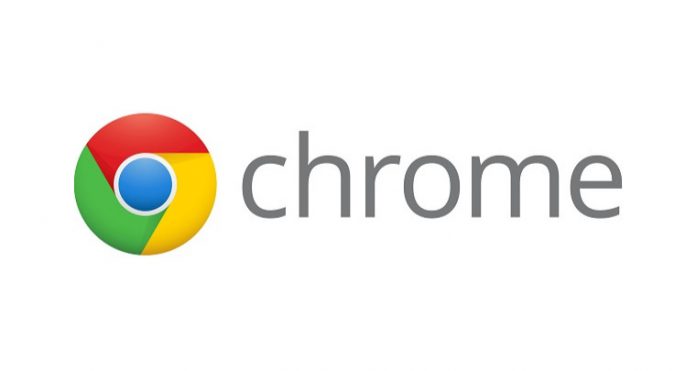Security firm Kaspersky Lab reports Chrome extension developers are now using ads. Again, most users may be willing to accept ads for a free service, but Kaspersky says many developers are aggressively placing ads and creating extensions loaded with adware. If you are unfamiliar with the term adware, it basically means when an app or website bombards the user with ads. This could be in the form of unwanted pop-ups that arrive at the worst moments, pop-ups that open to other sites when trying to close them, or ads that won’t close. In its report, Kaspersky is clear that many popular Chrome extensions are outright abusing their users with ads. The company points to an extension called Automatic 4K/HD for YouTube. This extension is for YouTube users who can choose a playback quality level that will be uniform, essentially stopping YouTube from choosing lower quality automatically. It’s a popular Chrome extension with 4.2 million downloads and a five-star rating. However, Kaspersky says the service has now turned to adware and “at some point the popular extension apparently opted to ditch its hard-won fame in favor of abusing its fan base, pestering users with unwanted popups.”
Adware
The adware implementation is ironically for another Chrome extension that blocks ads. Adblocker for Chrome – NoAds has 6.5 million downloads and is being pushed on Automatic 4K/HD users. The extension shows ads for the Adblocker service and automatically opens up onto its extension page. It is a classic example of adware as the user is given no choice in any of this process. Worse, the pop-up happens regularly, at least multiple times per day. Kaspersky says this is not a unique situation and many extension developers are exploiting users. Indeed, the company says people should generally avoid browser extensions: “In general, keep browser extensions at bay — don’t install too many of them. They affect computer performance, but more important, they are also a potential attack vector, so minimize their number and keep just a few of the most useful.” That recommendation is hardly good news for Microsoft. Last year, Microsoft confirmed its Edge browser is moving to Chromium-based. One of the perceived benefits of switching to Chromium is Microsoft can address limited functionality by supporting Chrome extensions.




